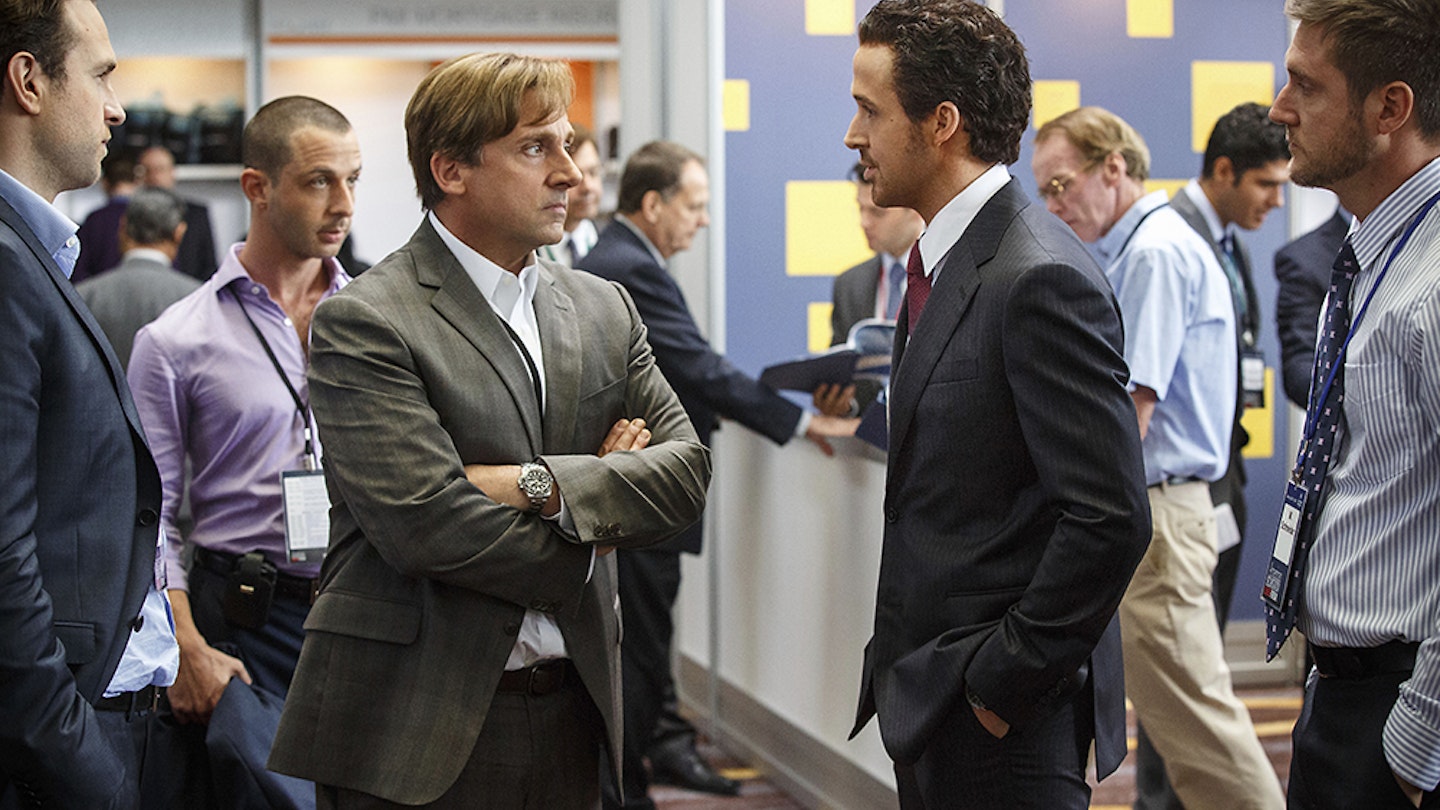It’s fashionable to knock Michael Moore. He almost demands it; the unelected people’s spokesman, a crusader for fair play whose left-leaning sensibilities leave him open to accusations of hypocrisy. It’s a testament to his strength of personality that he’s still willing to put his head above the parapet in a world where everything he does is fraught with political meaning. Though some of the mud sticks, there’s still some vestige of nobility. Think of the vitriol that greeted Fahrenheit 9/11, and yet that film’s anti-war sentiment, once derided as unpatriotic, is now the US zeitgeist.
With Sicko, Moore adapted to this acceptance of his ideas. This was the film in which Moore just listened, albeit often with a disingenuous look of wonder when hearing of fabulous European health care initiatives that he clearly knew about already. But while it made some valid points, Sicko didn’t really have much appeal outside the US, where socialism is part of a slippery slope that leads to beer, coke, meth, chicks with dicks and jail.
So which Michael Moore made Capitalism: A Love Story — the angry one or the palliative one? Disappointingly, it’s a blend of both. Just as F9/11 blustered around its subject, so Capitalism flips from one thing to another. On one level, it’s an indictment of the Republican asset-stripping that cost America its industrial base and lost the country its footing in the global economy once its wartime foes had rebuilt themselves. On another, it’s about the disturbing times we live in, in which the banks appear to be above government and even the law. And on another, it’s about not trying to scare the American public too much into thinking Moore is a rabid commie: each time he makes a scathing point about the American system, he hastens to remind us that the system works; it just needs some people-power to fine-tune it.
If this seems contradictory, that’s because the film is, and Moore’s parting shot explicitly acknowledges the fact that he’s torn (“I refuse to live in a country like this,” he sighs. “And I’m not leaving”). This confusion robs a funny and provocative film of much of its power, but there’s still a lot to be said for its passion. What’s true is in the eye of the beholder; it’s what’s right that Moore articulates so eloquently.

